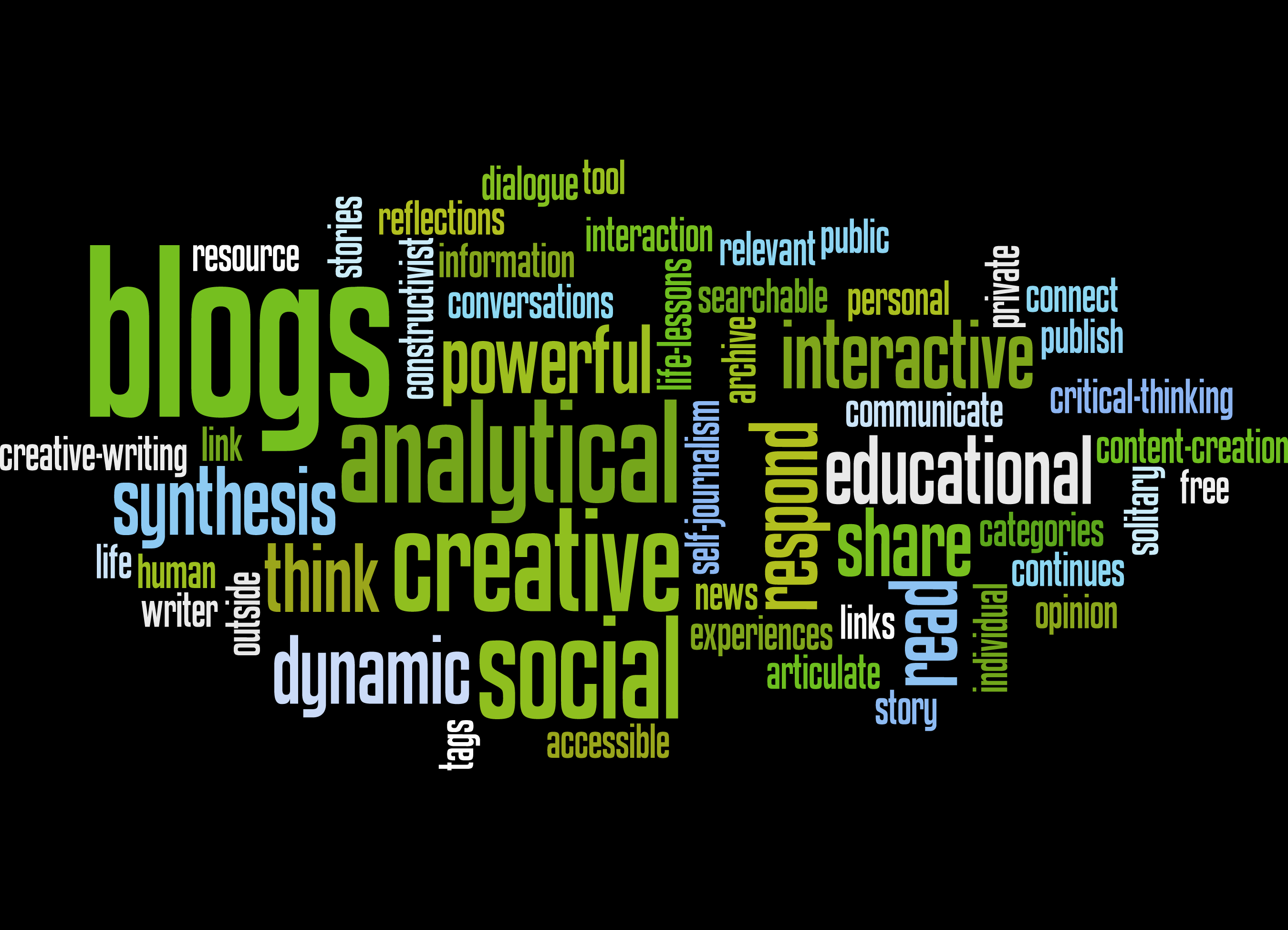
Why educators should use blogs
Educators in the 21st century are lucky. The advancements in technology have given them so many ways to make education come alive and to extend the walls of the classroom and even the school. Today, educators can integrate blogs, which, in turn, can enhance their classrooms, engage their students, and extend the walls of their classrooms. Teachers know that they can use blogs, and they may even know about products like Kidbog, Edublogs, or WordPress as platforms for creating them, but the question for many educators is often how? How do we integrate them? And why do we use?
This is a first in a series of posts on blogging in the classroom. The focus today is on why teachers should be using blogs. Blogging, as a teaching tool, has many advantages and is becoming a popular piece of many curriculums among tech-savvy teachers. Here’s my top-ten list for why teachers like to use them.
- Blogs teach new literacies. Writing in a blog is different. It combines many types of writing. It’s sometimes reflective, sometimes persuasive, sometimes informative, sometimes repsonsive and sometimes creative. Visuals often accompany a blog. And unlike writing for the “teacher”, a new element is added when peers, or even the entire world, have access to a person’s writing. It ups the ante. Students are forced to think critically and analytically and to read carefully and critically. It demands clarity and needs to be organized, no matter which type of “blogging” the student is doing.
- Blogging isn’t just for the teacher. Writing a paper for the teacher is one thing, but what if you are student and your parents, friends, classmates, students from other schools, or other teachers were going to read your writing? It changes how you approach your thoughts, words, and the writing process. Writing becomes connective. This ability to connect to others is what makes blogging different from writing a research paper for a teacher only. The audience becomes global.
- Research shows that a student’s overall thinking skills and writing skills improve, encouraging skills like evaluation and synthesis. Blogging can teach critical reading and writing skills, and it can lead to greater information management skills. The improvement in their writing skills can be seen in the formal writing they do in class and even on standardized test scores. The mantra that the more you read and write, the better reader and writer you will be still holds true, and blogging reinforces that idea.
- It can help students become much more media literate by clarifying choices they make about the content they write about, it can teach them about how networks function—both human and computer—and it can teach them the essential skill of collaboration.
- Blogs provide a forum that may garner participation from introverted or reserved students. Introverted students may be more apt to sharing online than they do in person, and reserved students may get more positive attention from their peers, helping them feel more comfortable sharing in the face-to-face classroom.
- Blogging is an invaluable way for a teacher to get to know her students better as people and students. As teachers, we are limited in how much physical time we have with students. Working with students online gives teachers a change to see their students shine and be creative in a different way.
- Blog allow teachers to play with a variety of teaching pedagogies. Teachers can use them for instructor-centered instruction, student-centered instruction, or even community-centered instruction, where they try to expand the walls of their classroom to let students interact with professionals, authors, or even students from another school.
- Blogs allow students to take charge of their own learning, and the educator becomes the commenter, giving the student control over the learning.
- Blogs provide a way to invite more students (and guests of the classroom) into the conversation, extends the conversation, provides “safe” mechanism for introducing students into social media, makes students subject-matter experts, and allows students the ability to take ownership of their learning.
- Blogs can be used as a means for project-based multimedia learning that appeals to multiple intelligences. Students can use them to create a digital portfolio of their learning throughout the year.
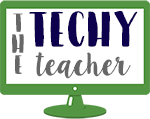
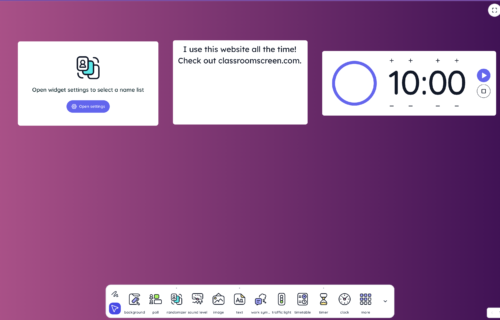
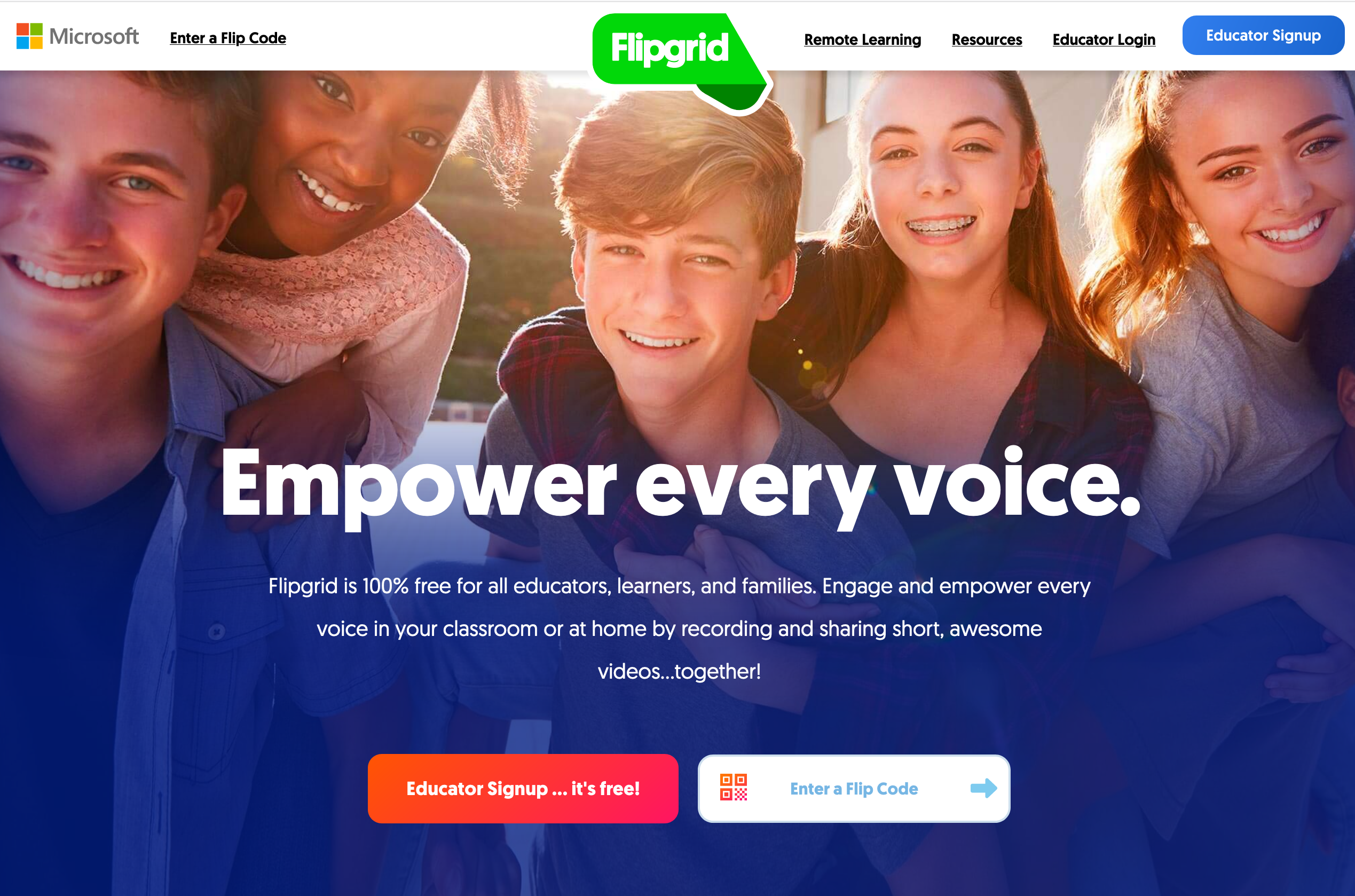
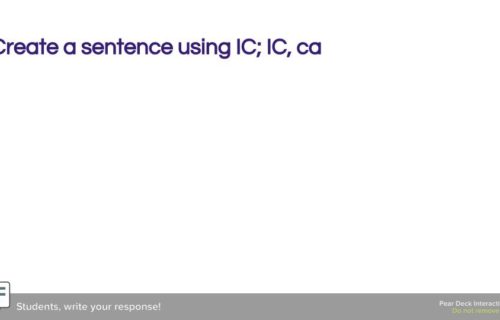
Add A Comment